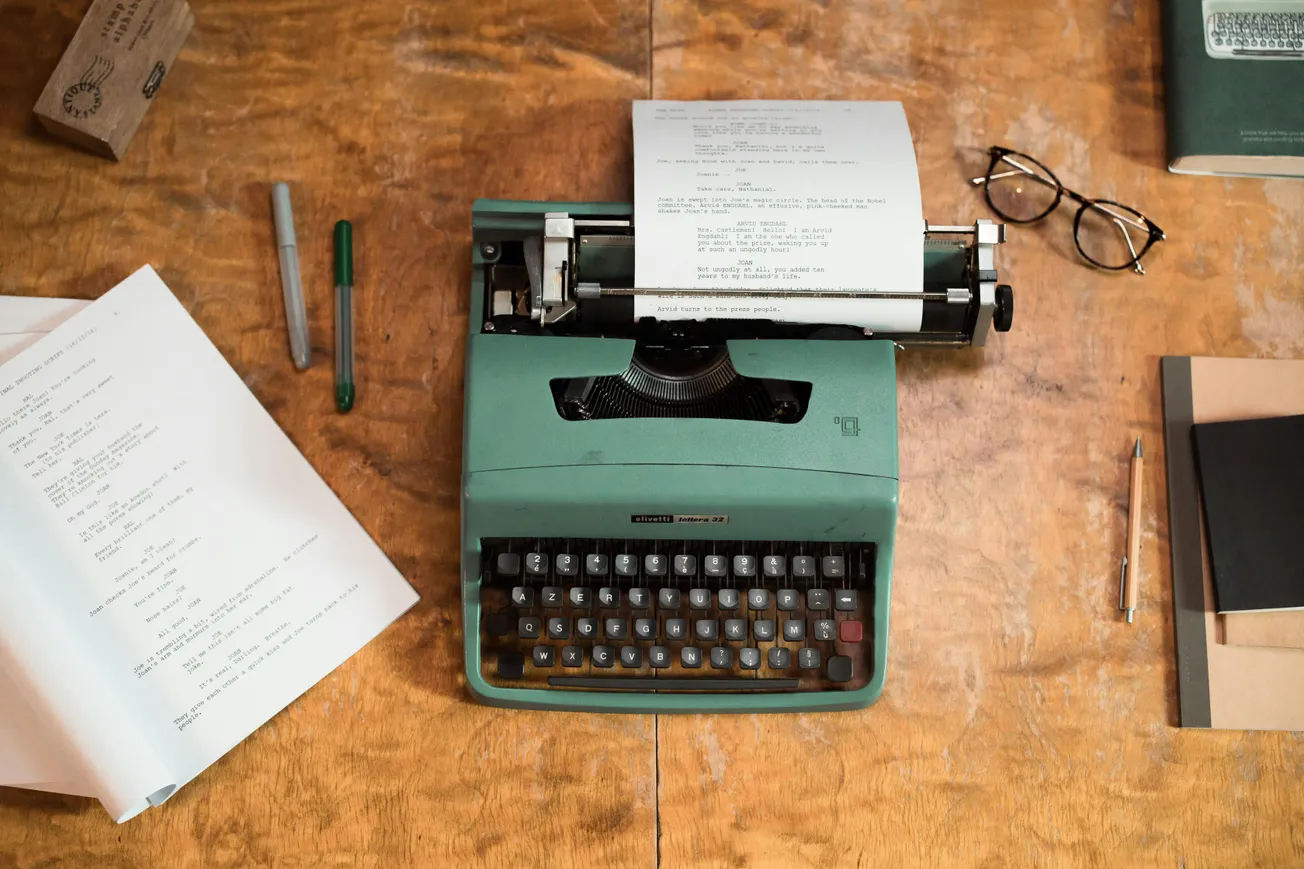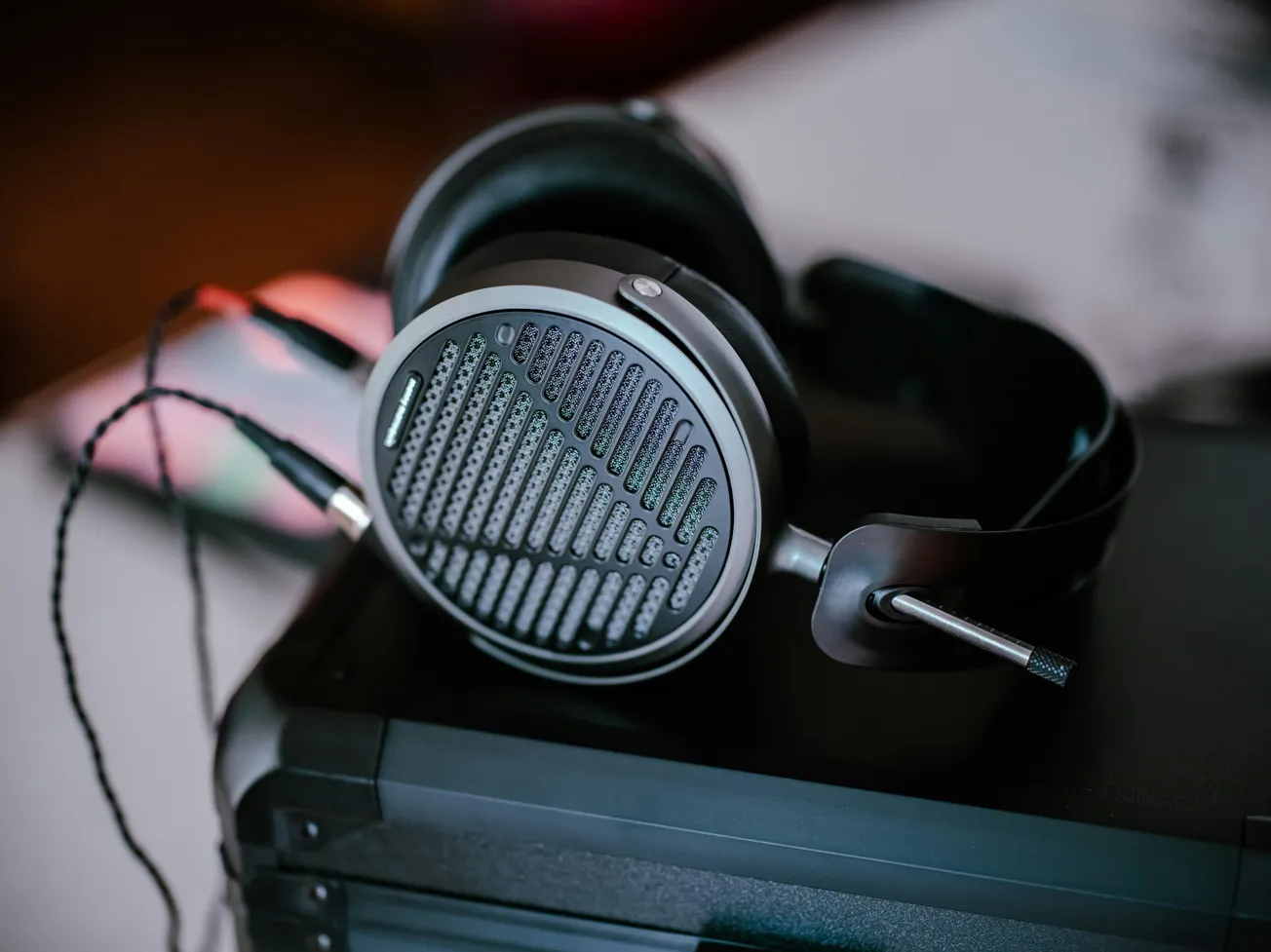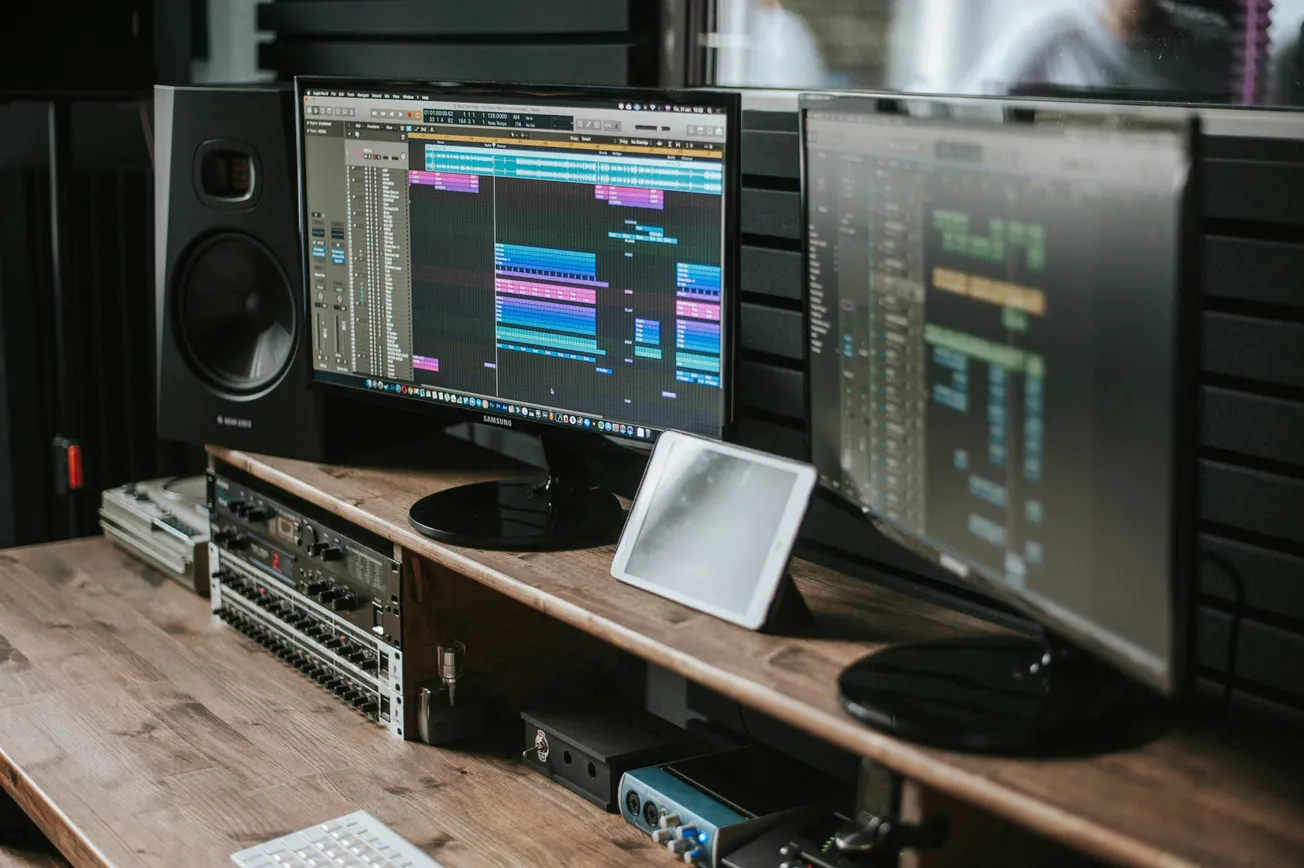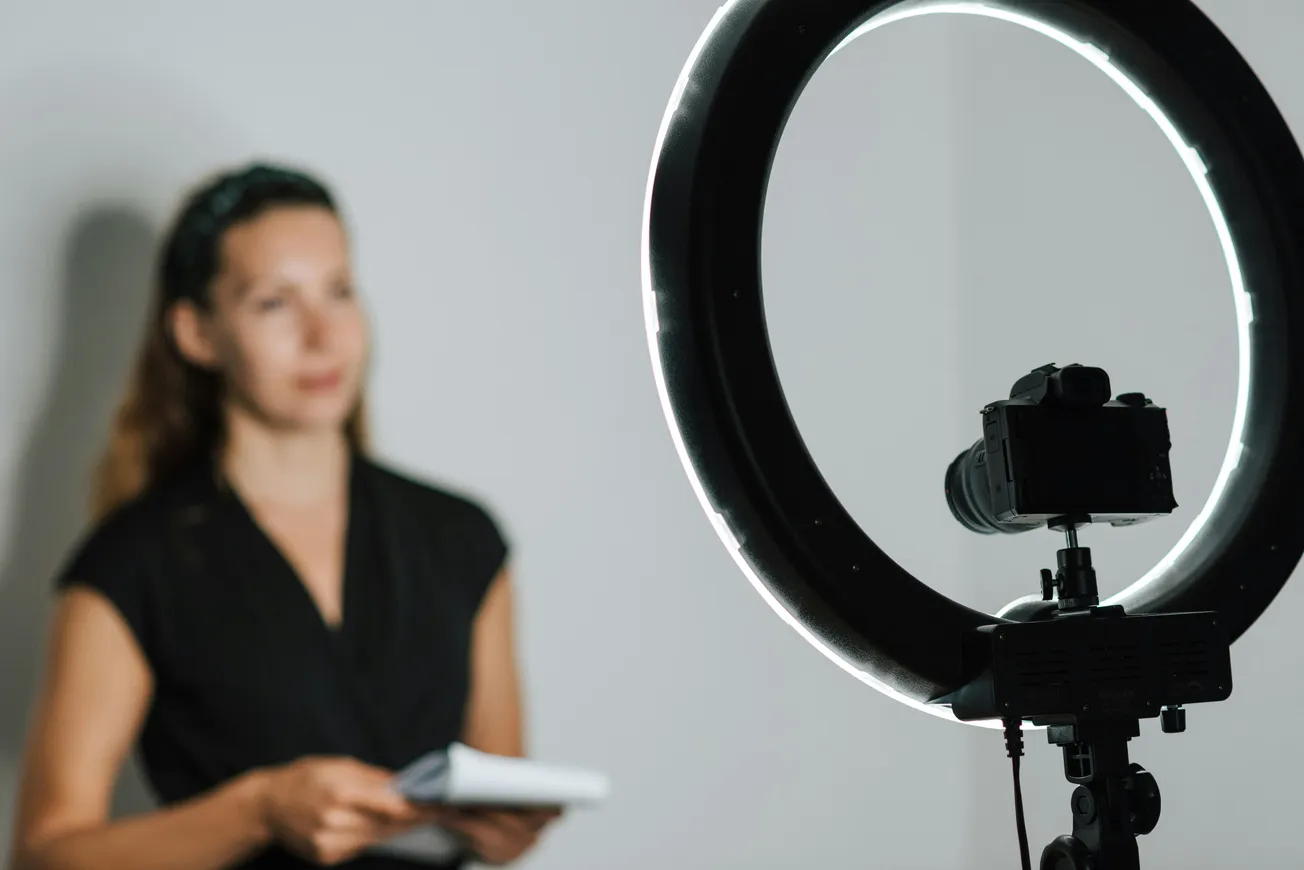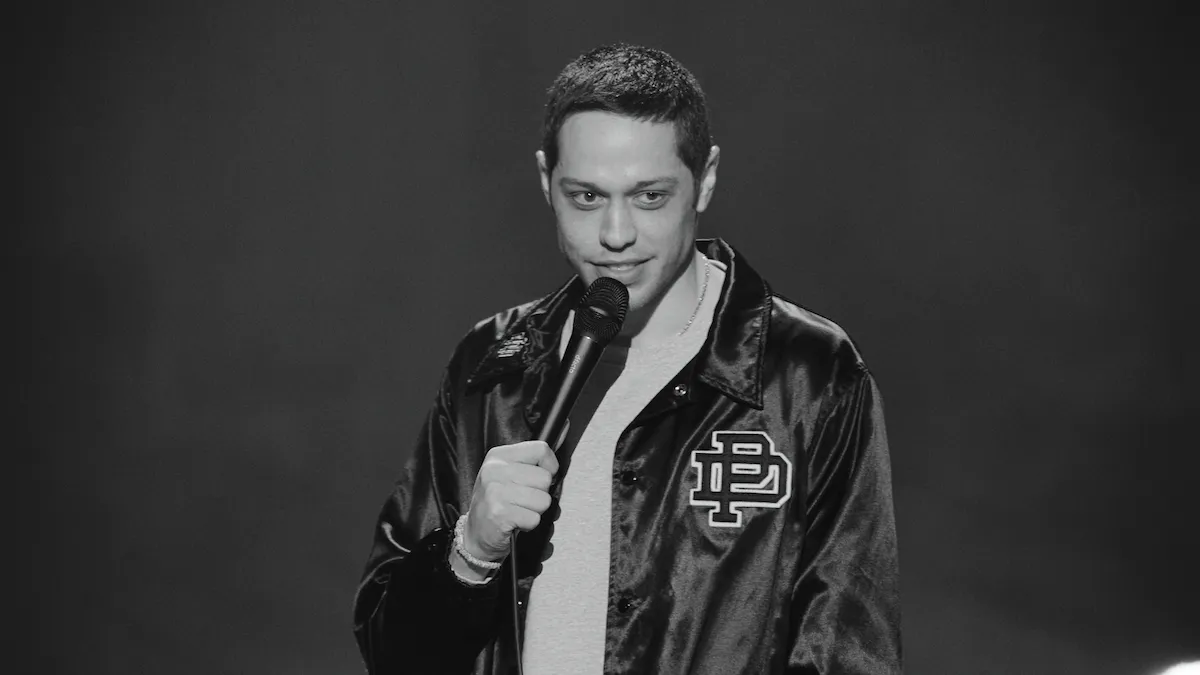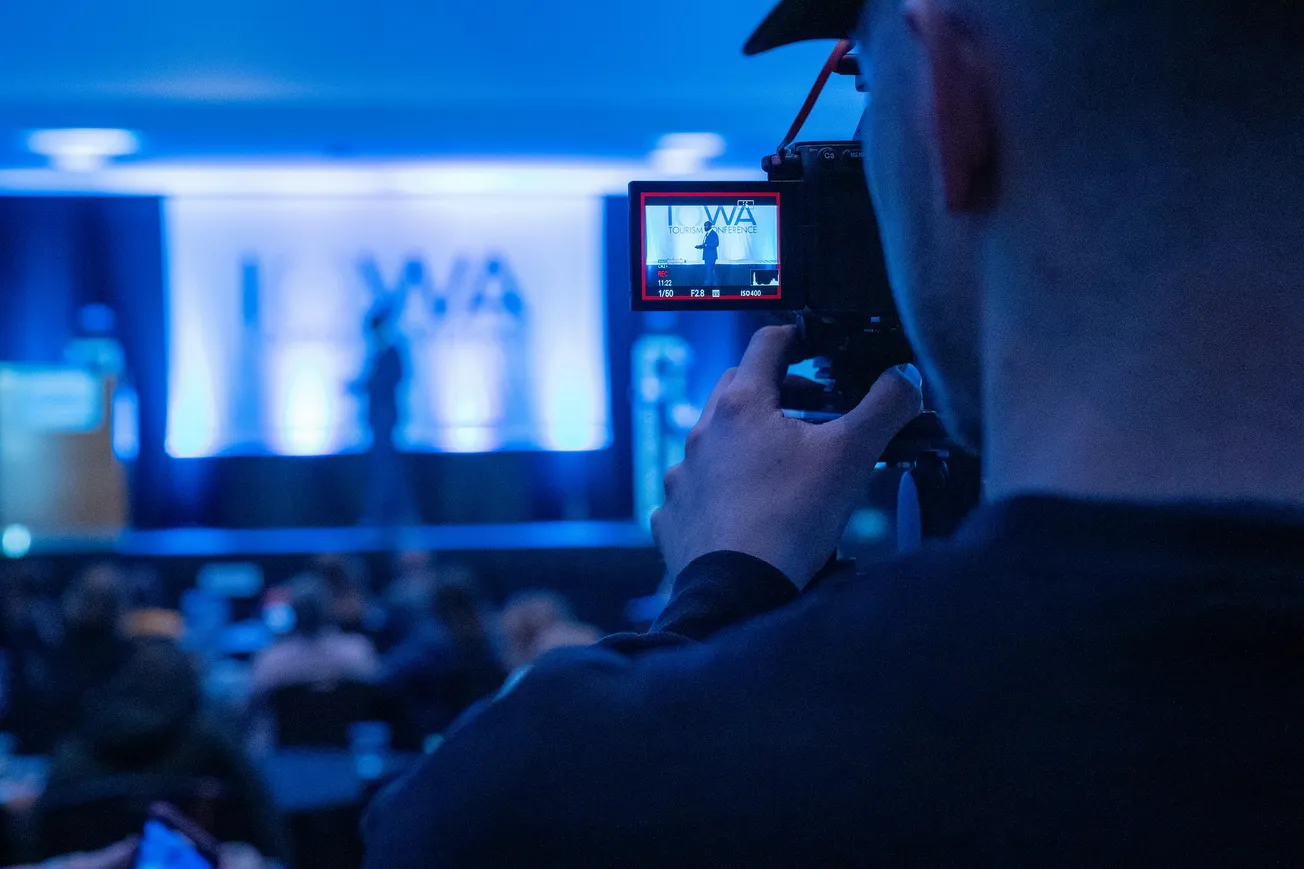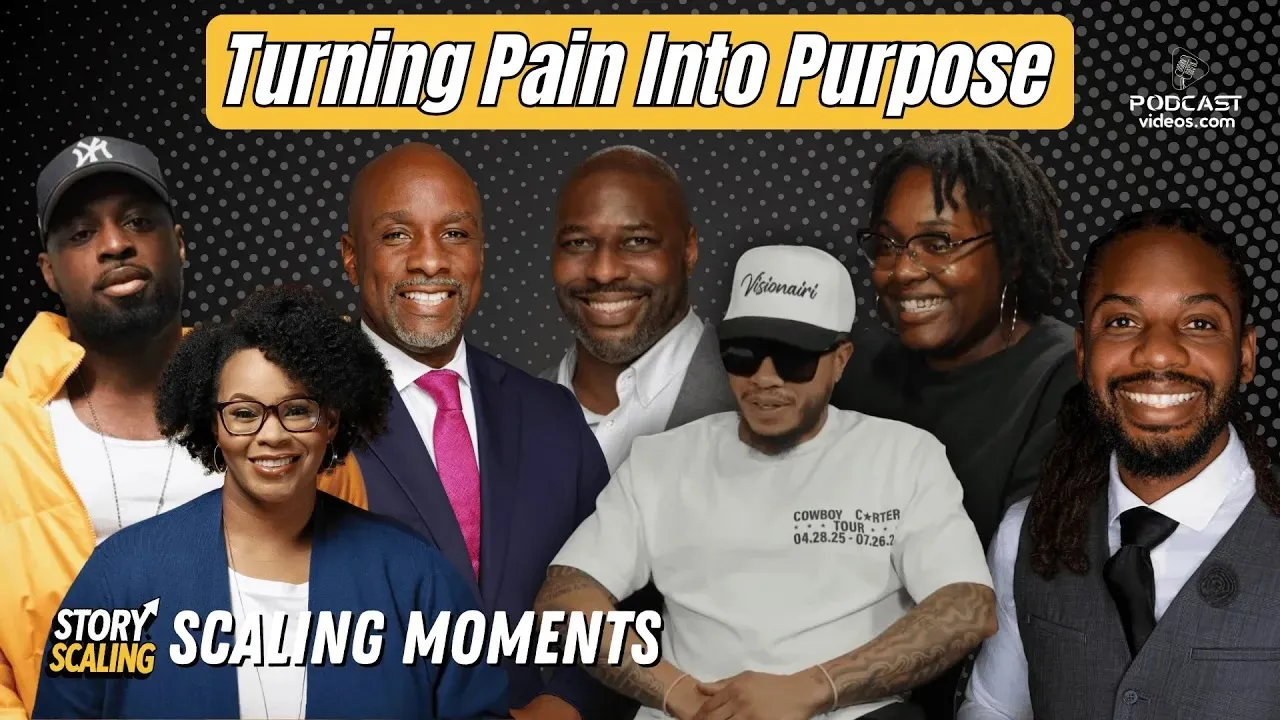When launching a podcast, one of the first questions creators face is: How much should I script my episode?
Rachel Corbett explores this on her blog, offering practical advice for podcasters who want to balance preparation with authenticity.
Anchor vs. Read‑out‑loud
Corbett emphasises that going into a recording session with a full script can actually harm the connection with the audience. She writes that “reading from a script on your podcast immediately distances you from your audience” because you become more focused on the paper than the listener.
Instead, she recommends using bullet‑point notes or key prompts that keep the show structured while still allowing a natural conversational feel.
Why scripting less can be better
- With a full script you risk sounding robotic, losing eye‑contact, and interrupting the flow — especially in a co‑host or guest environment.
- Having an outline instead helps you stay present, listen to your guest or co‑host, and capture spontaneous moments that enhance authenticity.
- The goal is preparation, not perfection. Corbett suggests you trust your preparation and use your notes as a safety net, not as a rigid text.
How to prepare your episodes for smooth flow
- Create a list of bullet points rather than writing every word.
- For interviews, jot down highlighted keywords or question prompts (rather than fully formed questions) so you aren’t reading while trying to maintain rapport.
- If you wander off topic, your notes give you the thread back to the “must‑cover” items — enabling you to return to structure without losing momentum.
- Consider testing two versions: one script‑read, one outline‑led. Corbett suggests you’ll likely hear the difference in how engaged and natural the flow is.
What does this mean for your business‑ or brand‑podcast?
For entrepreneurs, educators, coaches or small‑business owners using podcasting to establish authority, it’s especially important your show doesn’t feel stiff. Your voice is your brand. Using an outline rather than a full script helps you retain authenticity while still delivering professional content.
It also means your post‑production process may be smoother (less editing to make clipped, unnatural lines sound natural) and you’ll likely enjoy recording more — which helps with consistency (a key factor in growth).
Bottom line
There’s no one‑size‑fits‑all approach to how much you should script a podcast. But following Corbett’s advice: prioritise structured preparation with bullet‑point guides, drop full‑text scripting unless your format demands it, and focus on sounding like you talking to someone, not you reading at someone.
That balance is what builds connection, authority and a sustainable podcast workflow.


